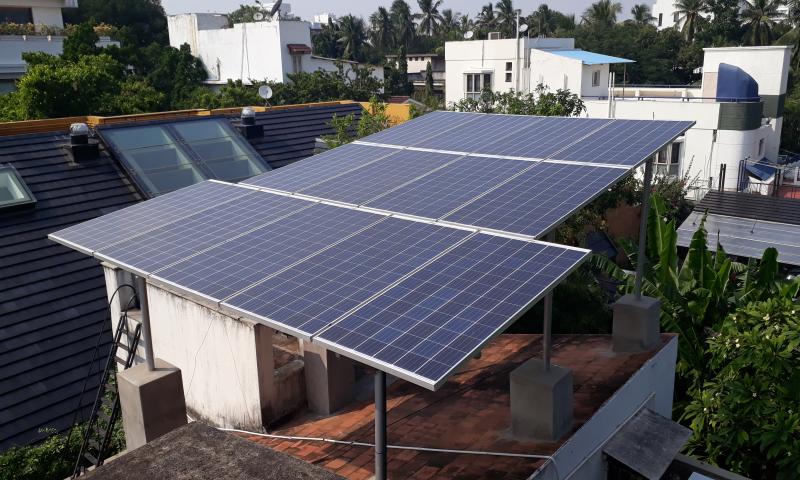Balaji M K, Researcher - Consumer Protection
Online quiz competition on Electricity Governance, Energy Efficiency, and Renewable Energy (January 2021 - March 2021)
During the COVID-19 pandemic, online quiz competitions were conducted for students from classes VI to XII. The aim was to engage with younger citizens raising their awareness of the working of the electricity sector. The topics covered were electricity governance, energy efficiency, and renewable energy. E- certificates were sent to students who took the online quiz through their registered email address.
Online quiz competition on Electricity Governance, Energy Efficiency, and Renewable Energy (October 2020 - December 2020)
CAG continued with its efforts to promote energy efficiency, conservation and renewable energy among school children.
CAG's Energy Audit Calculator For Households
Domestic consumers are major consumers of electricity followed by industrial category. To promote energy efficiency and energy conservation, this calculator will help consumers to save electricity through behavioural changes and economical measures.
Rooftop Solar Tool - An Easy, Pan India Excel Tool for Consumers - Version 1.0
Online quiz competition on Electricity Governance, Energy Efficiency, and Renewable Energy
Amidst the COVID-19 pandemic and lockdown situation, several schools initiated online classes., Citizen consumer and civic Action Group (CAG) undertook an online quiz competition to inculcate interest and enhance knowledge on electricity governance, energy efficiency, energy conservation and renewable energy.
Social Media Campaign on Energy Efficiency, Energy Conservation, and Renewable Energy
Social media plays a significant role in this digital era across all sectors. This is especially so during the COVID-19 pandemic situation, where consumers are left with little option than to communicate using social media/virtually.
Impact of dust on solar output - CAG’s Experience
Rooftop solar is gaining popularity and in order to be efficient, rooftop solar requires maintenance at regular intervals. The article will explain the impact of dust collection on solar panels and best practices in maintaining solar panels.
Building capacity on energy efficiency among government school students
Recently, Citizen consumer and civic Action Group (CAG) conducted capacity building programmes in government schools on energy efficiency and energy conservation. The sessions were attended by students of grade 9 to 12 of Chennai Higher Secondary Schools (CHSS) and Chennai Girls Higher Secondary Schools (CGHSS). We received a very good response from the children who asked a lot of interesting questions.
Capacity Building Programme in Schools
This blog is a summary of the capacity building sessions conducted in 7 schools in and around Chennai. The objective was to spread awareness about electricity/energy related topics.

